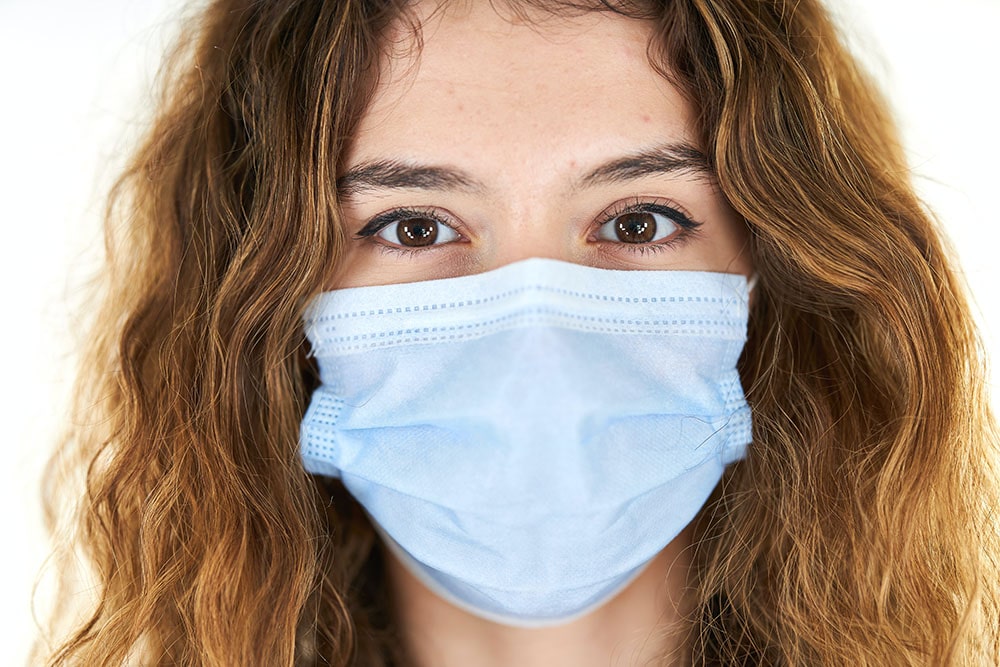We have a big honking problem!
Today, 276 million metric tonnes of plastics are produced annually (Call out) and only 7% of plastics are recovered and make their way back into the supply chain as recycled material. Under a business-as-usual scenario, recycled plastics are projected to more than triple by 2040, but over the same period, 86% of plastics are projected to be landfilled, incinerated, or leaked into the environment. 13 million metric tonnes of plastic leaks into the ocean every year. The Pandemic has made matters worse.
Throughout the pandemic, cities facing high COVID-19 incidence rates struggled to manage the dramatic increase in medical waste production by healthcare facilities. For instance, the King Abdullah University Hospital in Jordan produced tenfold higher medical waste (~650 kg per day, when considering an occupation of 95 COVID-19 patients) than the average generation rate during the regular operational day of the hospital. A drastic increase in medical waste was also reported in other parts of the world, such as in Catalonia, Spain, and in China, with an increment of 350% and 370%, respectively. Wuhan inhabitants in China (~11 M) produced 200 tons of medical waste on a single day (on February 24, 2020), which is four times higher than can be incinerated by the city’s only dedicated facility, forcing authorities to deploy mobile treatment facilities. The dramatic increase in medical waste is overloading the capacity of each country or municipality, to manage/treat it adequately. (Source: Increased plastic pollution due to COVID-19 pandemic: Challenges and recommendations (nih.gov)).
According to the UN, it is estimated that up to 13 million tonnes of plastic leaks into the ocean every year, which is equivalent to dumping the contents of one garbage truck into the ocean every minute. Only a small fraction of the plastic produced since 1950—about 9%—has been recycled and returned back into the economy. A study from the World Wildlife Fund found that the average person could be ingesting up to 5 grams of plastic each week, or the same amount of plastic found in the average credit card. Without comprehensive and large-scale interventions, we can expect that there will be more plastic than fish in the ocean by 2050. Plastic pollution, in many ways, symbolizes the failures of the linear economic model and our collective inability to effectively manage a valuable resource. More than half of the world’s plastic waste can be part of profitable value chains if we invest in the right things. We can create significant impacts to Polyethylene (plastics 2 and 4), Polypropylene (plastic 5) and PET (plastic 1).
Solutions are within sight
Ouro Health is leading efforts to advance the Circular PPE Economy.
Heads of State, environment ministers and other representatives from 175 nations, endorsed a historic resolution at the UN Environment Assembly in Nairobi on Wednesday to end plastic pollution, and forge an international legally binding agreement, by the end of 2024. 2 March 2022, Nations sign up to end global scourge of plastic pollution | | UN News
According to a recent study published by Google, almost ½ of plastic waste can be put back into the circular economy through Mechanical Recycling System (Call out), Collection Programs/Services, Consumer Incentives (Reuse/Recycle) Education and Awareness (Reuse/Recycle) and Design for Recyclability. (Source) Closing the Plastics Circularity Gap: Executive Summary (gstatic.com)
There are emerging innovations in recycling and reprocessing conventional and hard to process plastics throughout the world. As a result of the PPE waste crisis caused by the pandemic, a number of companies like Lifecylce Revive, MEA Health and Ouro Health are demonstrating leadership through the development of an innovative PPE landfill diversion and recycling and reprocessing programs.
Disposable PPE such as masks and gowns are being collected, sorted, sanitized, separated, pelletized, and reprocessed back into PPE Material to supply materials for the PPE manufacturing industry. Ouro Health is working to produce near virgin masks made out of recycled PPE.
Ouro Health is one of the first to work with partners to make recycled PPE available to you.
Buy Now to advance the Circular PPE Economy.

